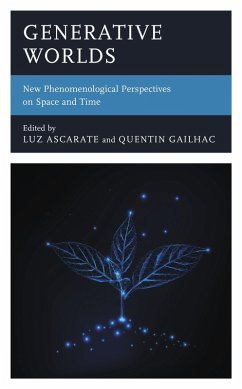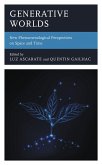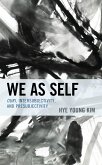Generative Worlds. New Phenomenological Perspectives on Space and Time accounts for the phenomenological concept of generativity. In doing so, this book brings together several recent phenomenological studies on space and time. Generative studies in phenomenology propose new ways of conceiving space, time, and the relation between them. Edited by Luz Ascarate and Quentin Gailhac, the collection reveals new dimensions to topics such as the generation of life, birth, historicity, intersubjectivity, narrativity, institution, touching, and places, and in some cases, the contributors invert the classical definitions of space and time. These transformative readings are fruitful for the interdisciplinary exchange between philosophy and fields such as cosmology, psychology, and the social sciences. The contributors ask if phenomenology reaches its own concreteness through the study of generation and whether it manages to redefine certain dimensions of space and time which, in other orientations of the Husserlian method, remain too abstract and detached from the constitutive becoming of experience.
Bitte wählen Sie Ihr Anliegen aus.
Rechnungen
Retourenschein anfordern
Bestellstatus
Storno









